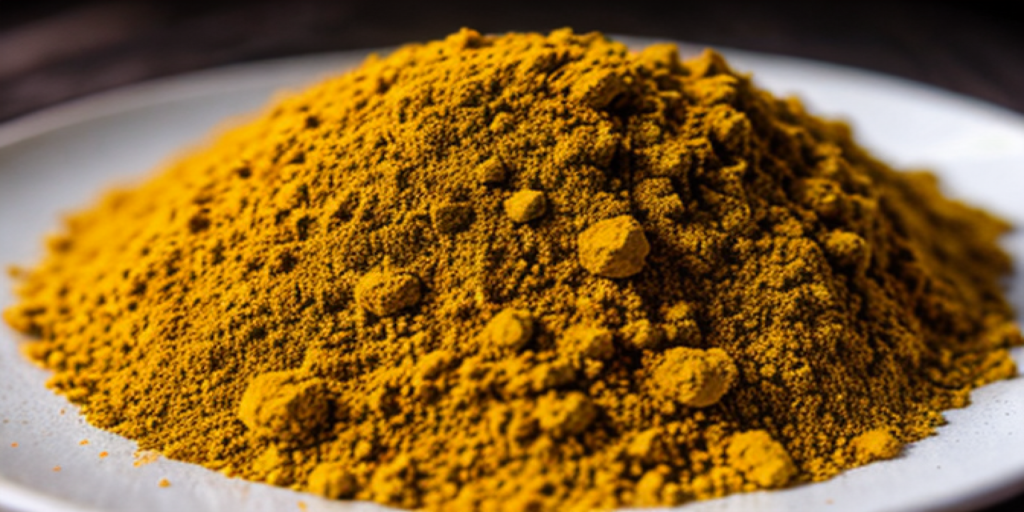Herbs
Discover the Power of Ashwagandha!
What is Ashwagandha:
Ashwagandha, originating from the dry regions of India, Nepal, and Pakistan, is an herb that has been used for over 3000 years in traditional Ayurvedic medicine. It’s also known as “Indian ginseng” due to its wide range of health benefits. The word “Ashwagandha” is Sanskrit and translates to “smell of a horse,” referring to the scent of the root and the supposed strength and vitality it could impart, akin to a horse.
This herb primarily grows in dry areas and is cultivated in warm climates. It thrives in sandy, well-drained soil and requires ample sunlight to grow. This plant is a perennial herb with small green flowers and red berries, but it’s primarily the roots and leaves that are used for their medicinal properties.
How to use ashwagandha?
Ashwagandha can be used in various ways depending on your personal preference and the availability of the herb. Here are some common ways to incorporate ashwagandha:
- Supplements: The supplement is available in supplement form, such as capsules, tablets, or liquid extracts. These supplements contain a concentrated dose of the herb and can be easily taken with water or another liquid. The recommended dosage varies depending on the brand and concentration of the supplement.
- Powder: It’s also available in powder form, offering versatility in how it can be used. The powder can be added to smoothies, juices, coffee, tea, or even food recipes. By incorporating it into your favorite drinks or dishes, you can easily reap the benefits of ashwagandha into your daily routine.
- Tinctures: Tinctures are concentrated liquid extracts of herbs that use alcohol as a solvent. Ashwagandha tinctures can be dropped directly under the tongue or mixed with water or juice for consumption. This form of ashwagandha provides rapid absorption into the bloodstream, allowing for quick effects.
Each form of ashwagandha has its own benefits, and it’s important to choose which suits your lifestyle best.
Benefits of using Ashwagandha
- Stress reduction: It’s commonly used for its adaptogenic properties, meaning it can help balance the body and assist in coping with stressful situations. It may lower cortisol levels, the body’s stress hormone, which can aid in reducing stress and anxiety.
- Improved sleep: Due to its calming effects, ashwagandha can also help promote good sleep and reduce insomnia. It can help improve sleep quality and promote deeper, more restorative sleep.
- Immune support: This product is known for its immune-supporting properties due to its anti-inflammatory and antioxidant effects. It can strengthen the immune system and help protect the body against infections and diseases.
- Enhanced mood: The herb is also associated with mood improvement and can help reduce symptoms of anxiety and depression. It can promote a sense of calmness and well-being and improve overall mood.
- Hormonal balance: Ashwagandha can also have a positive impact on hormonal balance in both men and women. It can help regulate hormones such as cortisol, testosterone, and thyroid hormones, resulting in better overall health and well-being.
Are there any side effects to using this supplement?
While ashwagandha is generally considered safe for most people with normal use, there are some potential side effects you should be aware of:
- Stomach issues: Some people may experience mild stomach issues, such as nausea, vomiting, or diarrhea, when using ashwagandha. This is common with higher doses and can be reduced by lowering the dose or taking the herb with food.
- Drowsiness: Ashwagandha may cause drowsiness or fatigue, especially at higher doses or in sensitive individuals. It’s recommended to use caution when taking ashwagandha, especially if engaging in activities that require alertness, such as driving.
- Medication interactions: Ashwagandha may interact with certain medications, especially medications used for diabetes, high blood pressure, and thyroid disorders. It’s important to consult a healthcare provider before using ashwagandha, especially if you’re already taking medications.
- Allergic reactions: While rare, some people may experience allergic reactions when using ashwagandha. Symptoms of an allergic reaction may include rash, itching, swelling of the face or throat, and difficulty breathing. If you experience an allergic reaction, discontinue use of ashwagandha and seek medical attention immediately.
It’s important to note that most people tolerate ashwagandha well and experience no side effects. However, if you experience side effects or have concerns about using ashwagandha, consult a healthcare provider for advice.
Is it addictive?
This product is not addictive and has no known addictive properties. It’s considered a safe herb and has been used in traditional Ayurvedic medicine for thousands of years without any evidence of addiction or dependence. Ashwagandha has adaptogenic properties, meaning it can help balance the body and adapt to stressful situations, but it doesn’t cause physical dependence like some other substances can.
Buying Ashwagandha:
This supplement is available at various health food stores, online retailers, and pharmacies that offer natural supplements. If you’re looking for high-quality ashwagandha products, consider purchasing them directly from us on the site. We offer a wide range of ashwagandha supplements from our own brand: SmokingHotXL, so you can get the best quality for your health needs. Explore our range and order today for a natural boost to your well-being!


